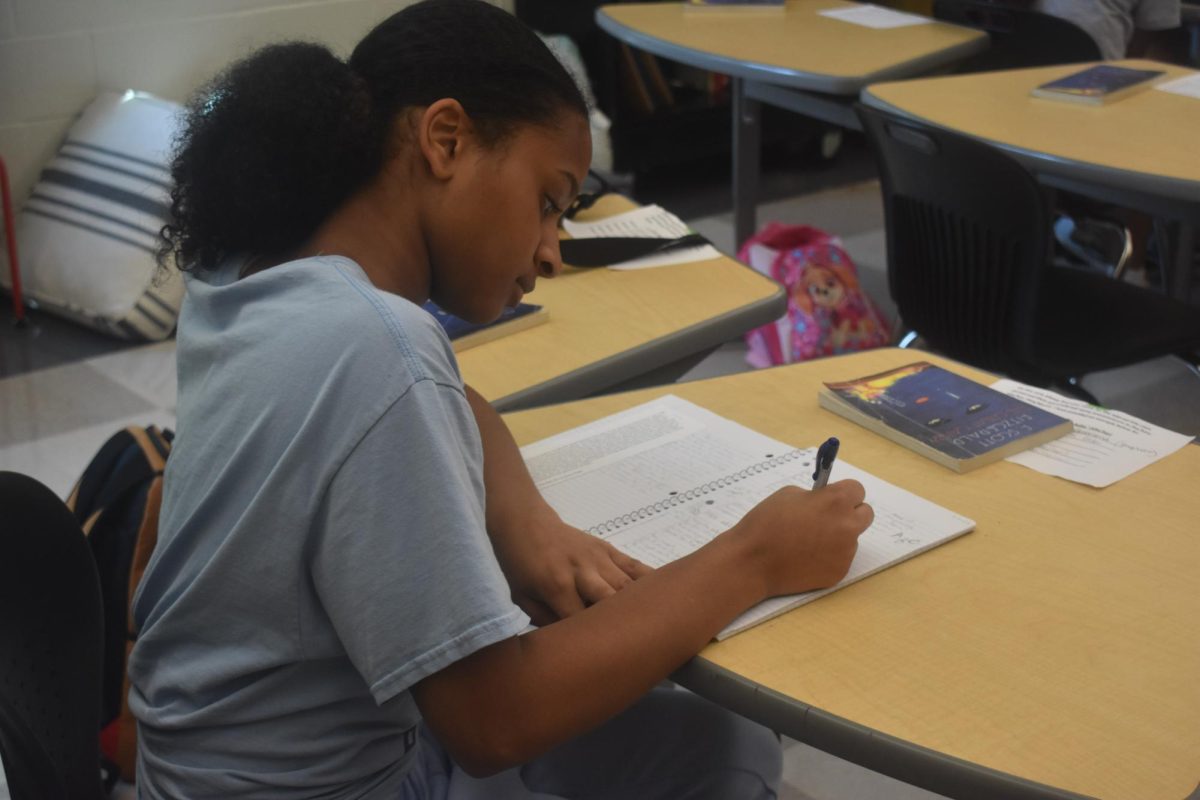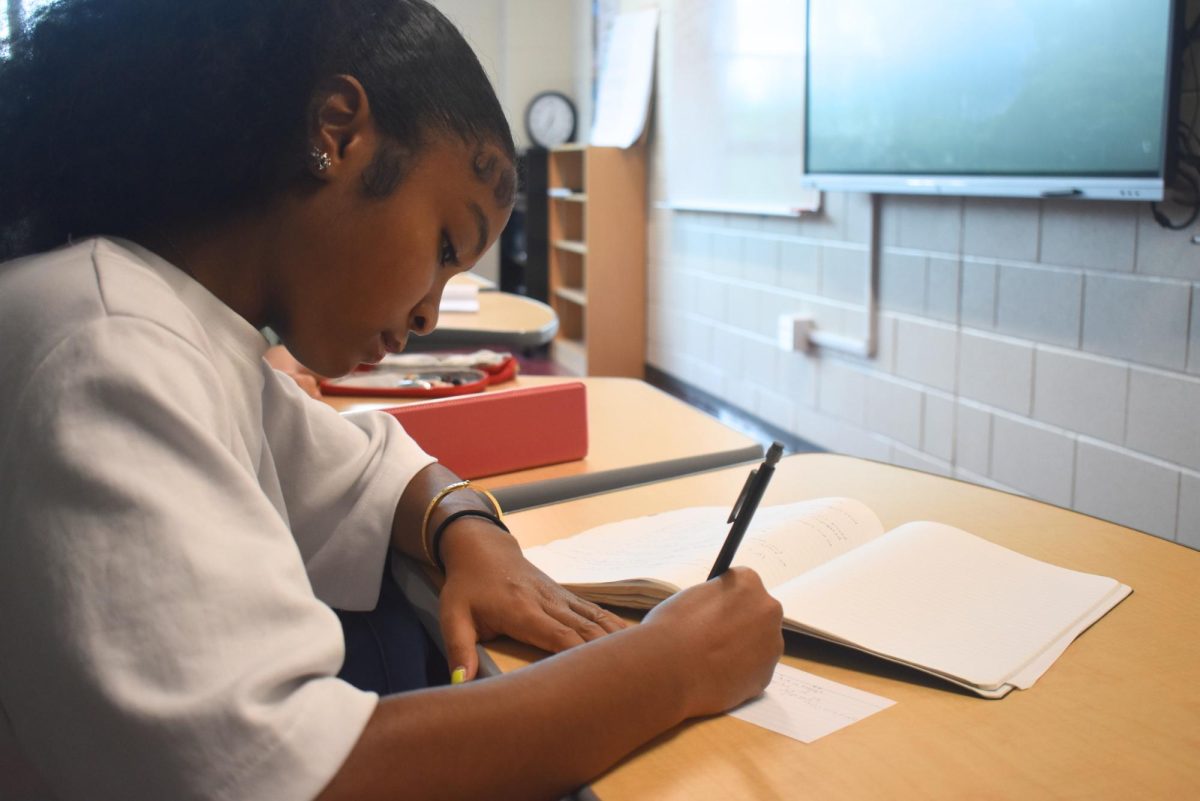The use of Artificial Intelligence has become more widespread in schools with AI platforms, including Google AI, Grammarly AI, and foremost, Chat GPT. Midtown English teachers have been forced to adapt, figuring out how to implement AI into the classroom.
English teacher Mario Herrera uses AI tools on a daily basis. He even encourages his students to appropriately use ChatGPT in his classroom.
“I use AI in a multitude of ways,” Herrera said. “You can upload a rubric, and it can act as an eye to assess your paper. You can create study guides, and it’s especially helpful when you’re short on time.”
English teacher Brian McNeil agrees that AI is a staple in his classroom, and he personally uses it, as well.
“I require students to use it in assignments, and I myself use it only as a tool,” McNeil said. “We don’t teach grammar as heavily as we used to, and that’s why platforms like grammarly exist, but again, we should only use these programs as a tool, not for cheating.”
Herrera noticed the impacts of AI usage among classrooms and students’ behavioral responses to these platforms in his classes.
“It’s a dead giveaway if the student isn’t active in the class,” Herrera said. “It could be something else, but it usually happens to be AI platforms because if AI takes from your writing it can certainly take from your creativity. I’ve caught students before, and some of them weren’t happy.”
McNeil says he believes AI has the ability to remove personality from a student’s work.
“You can just hear the tone of a student’s voice, and it really attracts a reader more than an overly professional, business-grade essay,” McNeil said. ”Students are just afraid of failing or getting something wrong, and AI restricts that, because you are literally in school to learn, not to be perfect.”
While Herrera and McNeil are encouraging AI, English teacher Erin Aube is moving in a different direction, requiring all her students to hand write assignments. She believes AI restricts creativity and hopes her handwriting policy will minimize AI usage.
“People have to think for themselves,” Aube said. “I don’t think that most students or even adults are at a point in their life where they should hand over their critical thinking skills to a machine. It takes hard work to succeed, and using AI will not help someone get there, even in classrooms.”
Aube values the technique of hand writing your work, she says it can give teachers an explicit idea of what a student’s writing sounds like in order to catch AI usage.
“I make all my students hand write papers and prompts because you can clearly hear their voice.” Aube said. “Based on their previous work, you can just tell from a mile away if a student has used AI.”
Mc Neil emphasizes that AI is constantly improving, and in today’s technologically innovative world, there is no way around it. He says students and teachers will have access to these programs whether teachers like it or not.
“AI is here, there is no changing that, and it’s a recurring issue that is absolutely altering the educational system,” McNeil said. “Along with it, there are bigger environmental challenges that could grow in a short couple of years, but that’s for other generations to solve.”
Furthermore, Aube emphasizes the importance of protecting the environment, as well as the issues with copyright within AI and how that affects language arts classrooms.
“There’s serious environmental consequences with regard to AI,” Aube said. “There’s also extreme issues with regard to copyright violations and the mining of people’s works from authors that is completely unethical.
Language arts classes at Midtown frequently practice writing, which could account for more than 60 percent of a student’s grade. Students seeking to limit the time spent on writing may be enticed to use Chat GPT more and more often. Aube says that AI is more corrupt than what is let on, and it is greatly affecting classroom behavior and reliance on AI.
“The way that Open AI functions is just so bad for the economy and the ecosystem.” Aube said. “They severely underpay their workers, and target children worldwide. I mean that’s the only way they get their business is because of children. There have been so many studies that prove this, and it’s truly disheartening.”
McNeil believes it is important to teach students how to deal with AI early in their education.
“I have faith that these generations will deal with it appropriately,” McNeil said. “Students and teachers need to start discussing it now before it’s too late, because AI has immense power over the world.”














